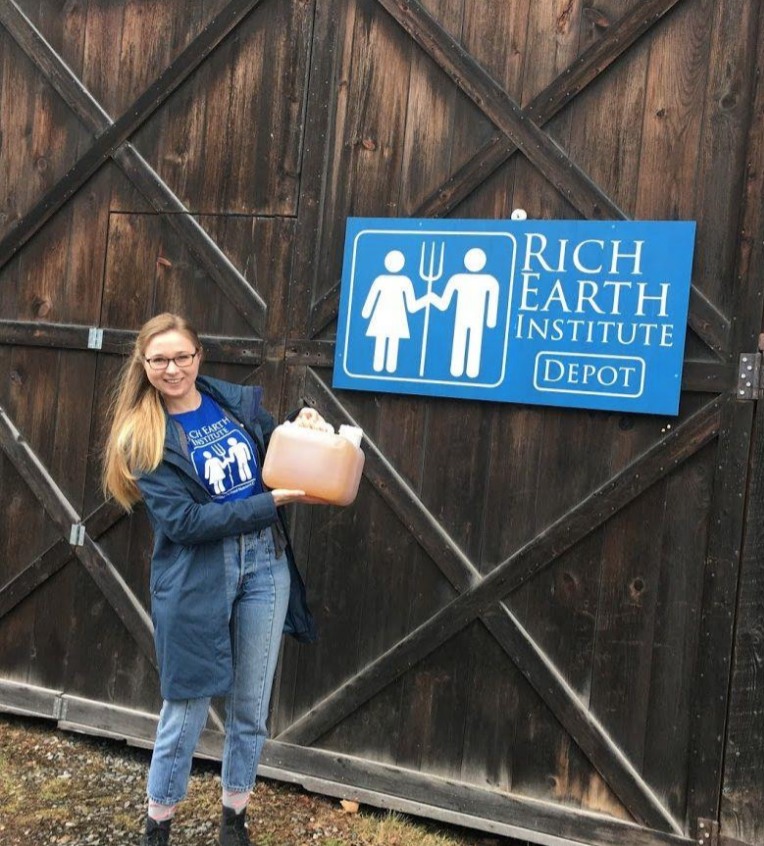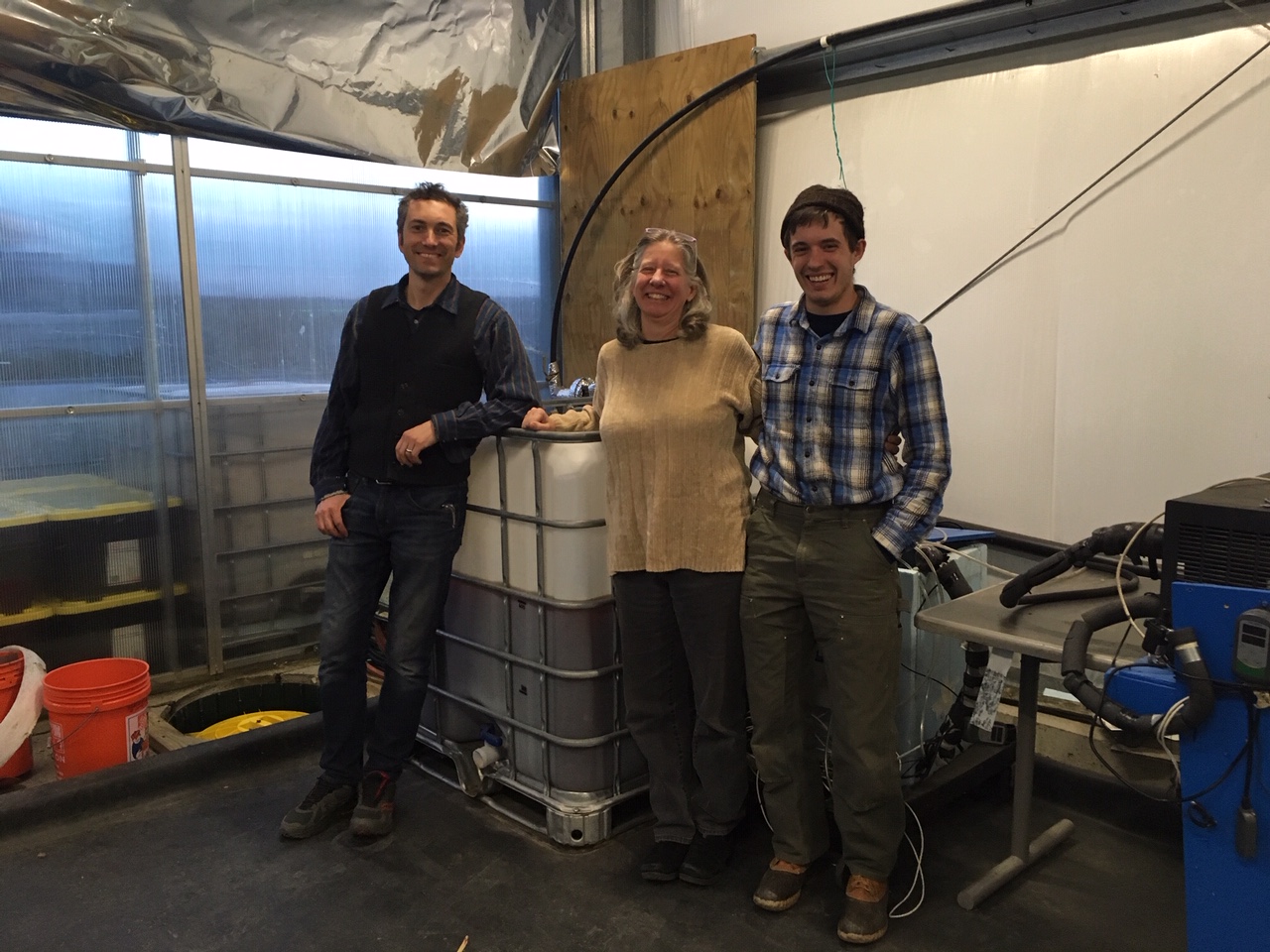It’s not every day we have an inspiring story to tell about urine, but today is one of them!
Rich Earth Institute in Brattleboro recently completed a report on its Village Sanitation Pilot Study that addresses land use planning, community development, and eco-sanitation in southeastern Vermont. The report explores the feasibility of composting and urine diverting toilet systems in helping to address village wastewater challenges. Find it here.
Following the feasibility study, many participants involved have decided to move forward with installing urine diverting flush toilets, which reduce nutrient pollution by capturing nutrients before they enter the wastewater stream, generating a renewable source of fertilizer.
These pilot installations will be the next step in assessing the potential of sanitation to address village wastewater needs. Additional research and policy changes can build on these findings to ensure that eco-sanitation is part of the solution to Vermont’s village wastewater challenges.
How is VNRC involved? In 2018, we awarded one of our first-ever Small Grants for Smart Growth to Rich Earth. Working with the Windham Regional Commission, the Institute used its $1,500 grant for a pilot project implementing its Nutrient Reclamation Project, the nation’s first community-scale urine recycling program to transform waste into legally-approved fertilizer for agricultural use.
We were so taken with this work that we granted Rich Earth Institute a second grant last year for a continuation of its Village Sanitation Pilot project, which helped two unsewered villages in Windham County look at ways to reduce pressure on their septic systems. The grant funded site visits to additional homes to help assess how those homes could integrate urine diversion systems, which allow urine to be collected, sanitized, and turned into legally-approved agricultural fertilizer.
Thank you to the funders from the Vermont Natural Resources Council. Your support helped us to complete this work and we are hopeful that it will help to move the agenda forward in our state for alternative and innovative sanitation systems that both protect human health and keep our waterways clean.
Kim Nace, Executive Director of the Rich Earth Institute.
We’re thrilled to have been a part of this innovative project. Keep up with the Rich Earth Institute here.
Top image: Abraham Noe-Hayes, Kim Nace, and Arthur Davis of the Rich Earth Institute stand beside a tank of concentrated and pasteurized urine ready to be applied to hay fields. Credit: Kate McCarthy

PS: Shortly after we published this post, we heard from ECO AmeriCorps, a program providing 11-month opportunities to work on improving and protecting Vermont’s natural environment. (Not too unlike the Americorps VISTA program that fills VNRC’s vital position of community energy coordinator!)
We learned that one such ECO member, Julia Cavicchi, serves with the Rich Earth Institute. Among her many duties, Julia helps the organization collect participants’ urine using their portable urine diverting toilets or collection cubes. She also assists with report writing and social science research, exploring different perspectives, experiences, and questions about urine reclamation.
Thank you, Julia and other ECO members, for your great work!
Photo of Julia Cavicchi courtesy of ECO Americorps.





